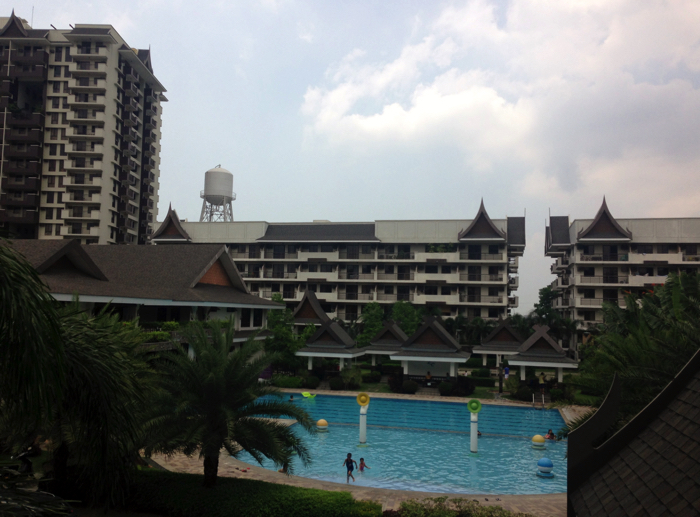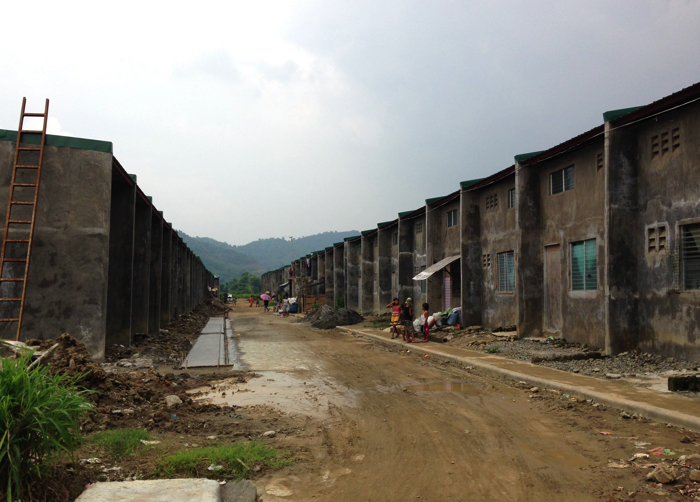- Project Leader : Kusaka Wataru (Nagoya University, Graduate School of International Development)
- Collaborators : Watanabe Akiko (Bunkyo University, Faculty of International Studies)
- : Okamoto Masaaki (Kyoto University, Center for Southeast Asian Studies)
- : Honna Jun (Ritsumeikan Univeristy, College of International Relations)
- : Miichi Ken (Iwate Prefectural University, Faculty of Policy Studies)
- : Arai Kenichiro (Maebashi Kyoai Gakuen College, Faculty of International Social Studies)
- : Iga Tsukasa (Kyoto University, Center for Southeast Asian Studies)
- : Suzuki Ayame (Doshisha University, Faculty of Law)
- : Aizawa Nobuhiro (Kyushu University, Graduate School of Social and Cultural Studies)
Outline of Research
This study aims to analyze the interrelations between “developmental politics” and “clientelist politics” by focusing on, four capital cities of the Southeast Asian Countries which have introduced popular elections: Bangkok, Jakarta, Metro Manila and Kuala Lumpur. The states and private sectors promote “development politics” through which they construct various projects such as shopping malls, subdivisions, condominiums, and transportation systems. On the other hand, politicians engage in “clientelist politics” in which they distribute various resources to poor voters and cultivate relationships with them for the purpose of gaining votes. By comparing four cities that vary by great degrees in terms of characteristics of developmental governance, embeddedness in the global economy, degrees of democratization and so on, we would like to clarify various modes of conflict and coexistence between “developmental politics” and “electoral politics.”
Description
Under certain conditions, two kinds of politics can coexist and mutually strengthen, as developmental projects sometimes bring supports from voters. There are, however, serious conflicts between them. Developmental politics legitimate the states to demolish shanties of informal settlers and stalls of street vendors to convert the urban lands to project sites for the rich and middle class, and to worsen spatial and class divisions of the cities. On the contrary, clientelist “doll-outs” of politicians to poor voters dwelling in slum communities tend to preserve huge slum communities and hamper long-term urban development. Under what conditions can the relation of two kinds of politics support lives of the people in the cities and promote its sustainable development? This is the research purpose of the study.
Southeast Asian countries have experienced rapid urbanization. The proportions of urban populations have increased to 30% in Thai, 50% in the Philippines and Indonesia, and 70% in Malaysia. Against the backdrop of urbanization accompanied by an increase of the voter numbers and the expansion of the market, the significance of clientelist politics and developmental politics have gained further importance in cities. Conflict between them in the cities signifies a classic problem of uneasy relations between democratic legitimacy and capitalist profit seeking. It is socially and academically important to approach both issues from the perspectives of contemporary Southeast Asian cities.
 Condominium developed for the middle class. |
 Suburban relocation housing for the informal setters |
